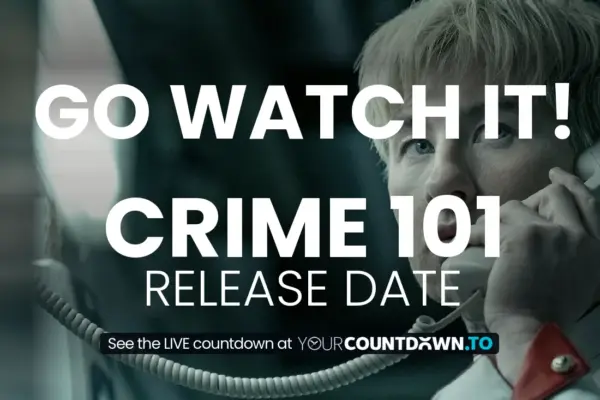Understanding 24 Hours in Police Custody: An Insightful Overview

Introduction
’24 Hours in Police Custody’ has emerged as a pivotal showcase of the criminal justice system, closely examining the processes and decisions made within the police force during the critical initial hours of a suspect’s detention. This programme, which follows real-life cases, not only educates viewers about investigative procedures but also raises vital questions about accountability, community relations, and the media’s role in shaping public perceptions.
Details of the Programme
First aired in 2014 on Channel 4, ’24 Hours in Police Custody’ provides an inside look at the operations of Luton Police Station. Viewers are taken on a journey that captures the challenges faced by law enforcement as they navigate complex legal frameworks and ethical considerations. Each episode typically follows multiple cases over a 24-hour period, delving into various aspects, from initial arrests to interviews, forensic analysis, and even courtroom proceedings.
The show has received acclaim for its unflinching portrayal of police work, including the stresses and moral dilemmas officers frequently encounter. Interviews with detectives and prosecutors provide an in-depth context to the actions taken, promoting transparency and understanding of police methodologies.
Impact on Public Perception
Through its genuine representation of police work, the series has fostered critical discussions on issues such as police accountability, suspects’ rights, and the efficacy of the judicial system. It allows the public to witness the rigour of investigations but also the potential for systemic flaws. Viewers are encouraged to consider the balance between law enforcement and civil liberties, prompting a deeper dialogue about community-police relations.
Conclusion
’24 Hours in Police Custody’ serves as more than mere entertainment; it is a cultural lens through which audiences can better understand the intricacies of law enforcement. It highlights the significance of transparency and the importance of observing legal protocols. As the series continues to air, it is expected to keep shaping the discourse around policing practices in the UK. Its efficacy in engaging audiences with real-world issues signifies the growing importance of such narratives in contemporary media.
You may also like

An Introduction to Crime 101: Exploring Its Basics and Impact

The Sandie Peggie Employment Tribunal: Latest Developments
